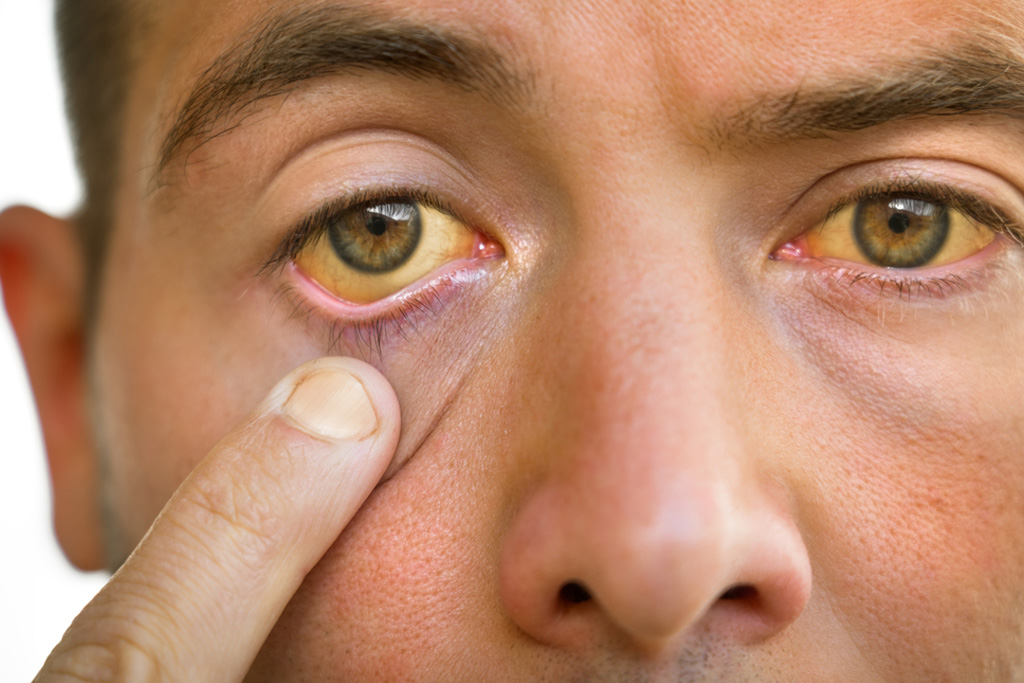Early Signs of Liver Disease
Liver disease can manifest in various ways, and early detection is crucial for effective treatment. Here are some common early signs to watch out for:
1. Fatigue and Weakness
One of the most common early signs of liver disease is persistent fatigue and weakness. The liver plays a key role in energy metabolism, and when it is not functioning properly, you may feel unusually tired or weak.
2. Jaundice
Jaundice is characterized by yellowing of the skin and eyes. It occurs when the liver is unable to process bilirubin, a yellow pigment formed by the breakdown of red blood cells. High levels of bilirubin can indicate liver dysfunction.
3. Abdominal Pain and Swelling
Pain or swelling in the upper right side of the abdomen can be an early sign of liver disease. This discomfort may be due to liver inflammation or enlargement, which can put pressure on surrounding organs.
4. Nausea and Vomiting
Nausea and vomiting can occur when the liver is not effectively removing toxins from the body. These symptoms are often accompanied by a general feeling of malaise or discomfort.
5. Dark Urine
Dark-colored urine can be a sign of liver disease, particularly if it is accompanied by jaundice. This occurs due to the buildup of bilirubin in the blood.
6. Pale Stools
Pale or clay-colored stools may indicate a problem with bile production or flow. Bile is produced by the liver and helps in digestion, and its absence can cause changes in stool color.
7. Itchy Skin
Persistent itching can be a symptom of liver disease. This occurs due to the accumulation of bile salts under the skin when the liver is not functioning properly.
When to See a Specialist
If you experience any of the early signs of liver disease, it is important to consult with a healthcare professional. Here are some indications that you should see a specialist:
1. Persistent Symptoms
If you have persistent symptoms such as fatigue, jaundice, abdominal pain, or changes in urine or stool color, it is essential to seek medical advice. These could be signs of a more serious liver condition.
2. Family History of Liver Disease
A family history of liver disease can increase your risk of developing liver problems. If liver disease runs in your family, consider seeing a specialist for regular check-ups and monitoring.
3. Risk Factors for Liver Disease
Certain risk factors, such as excessive alcohol consumption, obesity, diabetes, and viral hepatitis, can increase your likelihood of developing liver disease. If you have any of these risk factors, it is advisable to see a specialist for preventive care.
4. Abnormal Liver Function Tests
Abnormal results on liver function tests (LFTs) can indicate liver damage or dysfunction. If your LFTs show elevated liver enzymes or other abnormalities, follow up with a liver specialist for further evaluation.
Conclusion
Recognizing the early signs of liver disease and seeking timely medical attention can make a significant difference in the management and outcome of the condition. If you experience any symptoms or have risk factors for liver disease, don’t hesitate to consult with a specialist.
For expert advice and personalized care, visit Gastrocare Clinic, Mulund and consult with Dr. Suryaprakash Bhandari, a leading gastroenterologist and liver specialist dedicated to helping you achieve optimal liver health.

